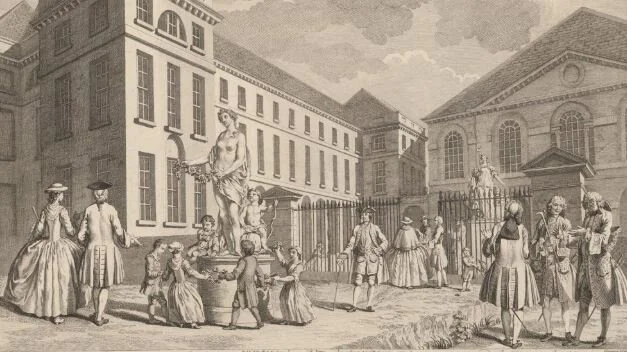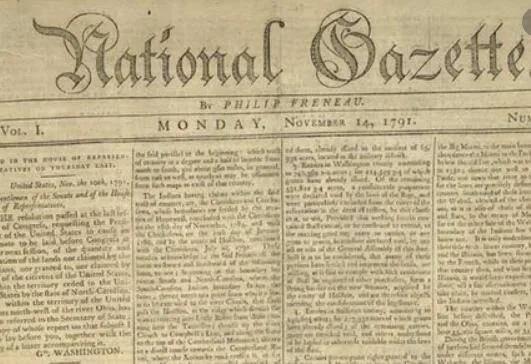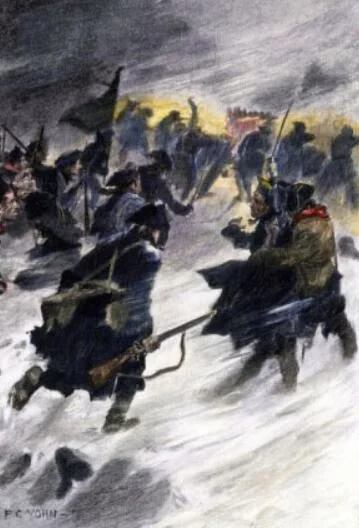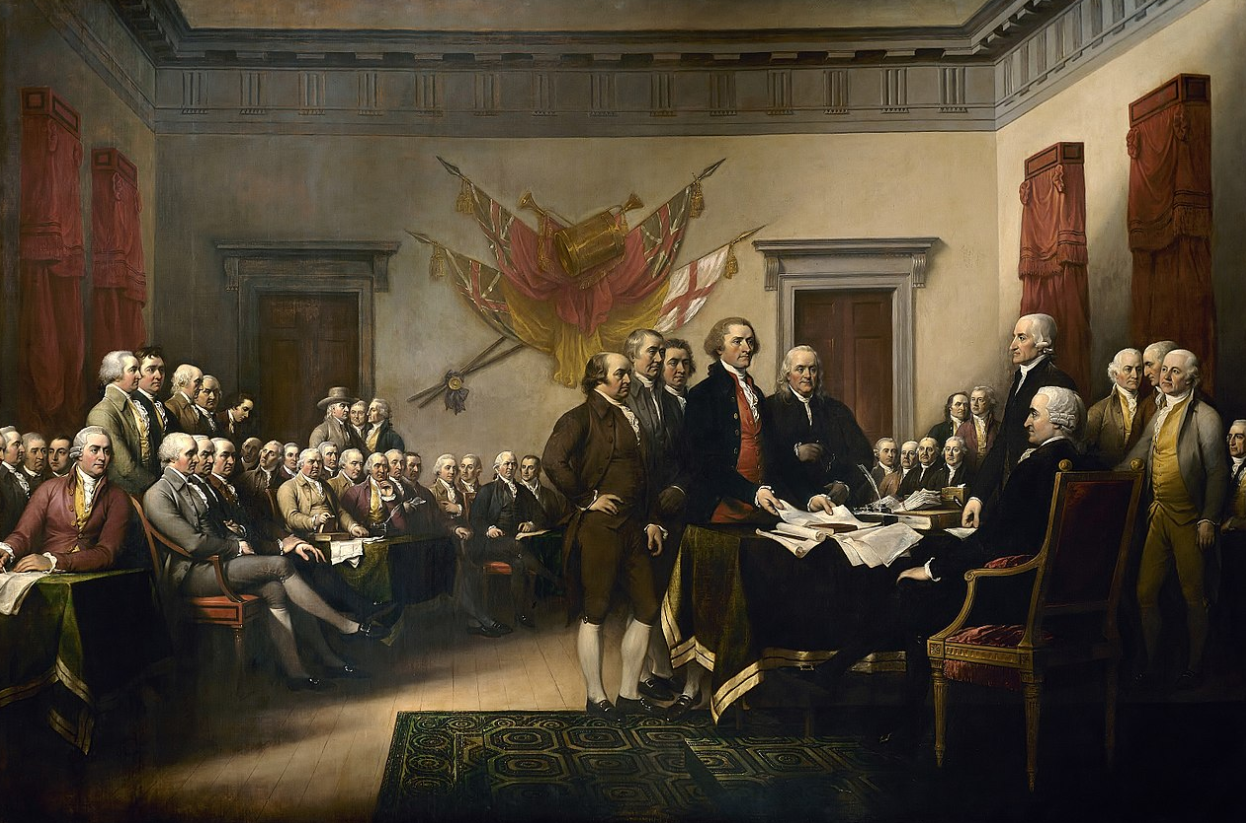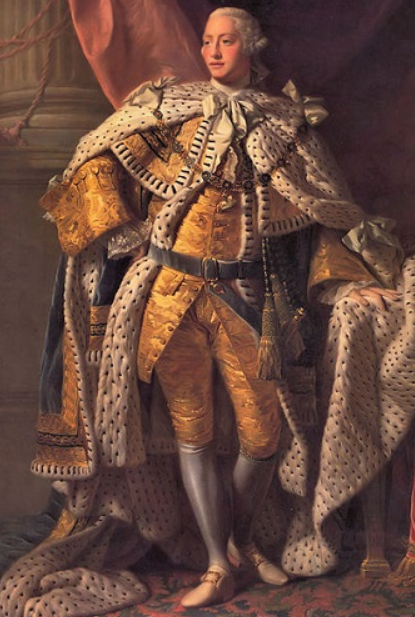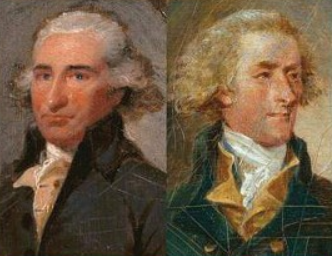Orphan's Courts at the American Founding
Orphan’s courts were an important means of willing estates and providing guardianship for minors at the birth of the United States.
This article is a bit different than what I usually publish on this website. Instead of being about a Founder, it is about an institution. But I was researching it and found it very interesting…hopefully you do too.
Orphan’s Courts
As with much of the organization of Revolutionary America, the idea of orphan’s courts comes from London.
In fact, there is evidence that orphan’s courts were being used as early as the 13th century.
Therefore, when the first colonial orphan’s court was created in Pennsylvania, it is not surprising it had much in common with its European counterpart.
Expanded Role
In the century between the creation of the first orphan’s court in the 1680’s and the American Revolution, these establishments had grown to a large degree.
Most obviously, several more had been created. Most counties in the colonies in the Chesapeake region had established at least one.
Furthermore, the court’s authority had increased.
That first court was created simply to protect property left to children from unscrupulous guardians until they came of age. But by the Revolutionary War, they had powers similar to what we would imagine today, with the ability to call witnesses, issue guardianship and even issue warrants.
Notably, these courts were an important way to protect property rights which was imperative to the society in which the Founders lived.
Federalized
In relation to the American Founding, the orphan’s courts were a good place for aspiring politicians to make a name for themselves.
An appointment as a Justice of the orphan’s court was an important stepping stone, similar to that of Sheriff.
Several former orphan’s court Justices even made their way to the Continental Congress.
Additionally, a little known offshoot of Alexander Hamilton’s Assumption Plan led to the federalization of several orphan’s courts, as can be seen in a letter of application sent to President Thomas Jefferson.
Interestingly, several States still have orphan’s courts, though the name is more ceremonial and they operate essentially the same as family courts.
Orphan’s are kind of a sad topic, so if you want to read about something FUN check this out:
Which Founder Brewed The Best Beer
There are no real books about orphan’s courts, just a bunch of ‘proceedings’ manuals.
The best reading I found in my research is this FREE (and brief) pape : https://papers.ssrn.com/sol3/papers.cfm?abstract_id=3428658
I thought I would use this opportunity to talk about one of my favorite Revolution children’s books, George vs. George. The reading level is probably about 8 to 13…I’m not sure cause my oldest is still a toddler. I got it to read to him and it was way over his head but still very good.
If you’d like a copy you can get one through the Amazon affiliate link below (you’ll support this site, but don’t worry, Amazon pays me while your price stays the same).
Want to get fun American Revolution articles straight to your inbox every morning?
Subscribe to my email list here.
You can also support this site on Patreon by clicking here.
Thanks for your support!
